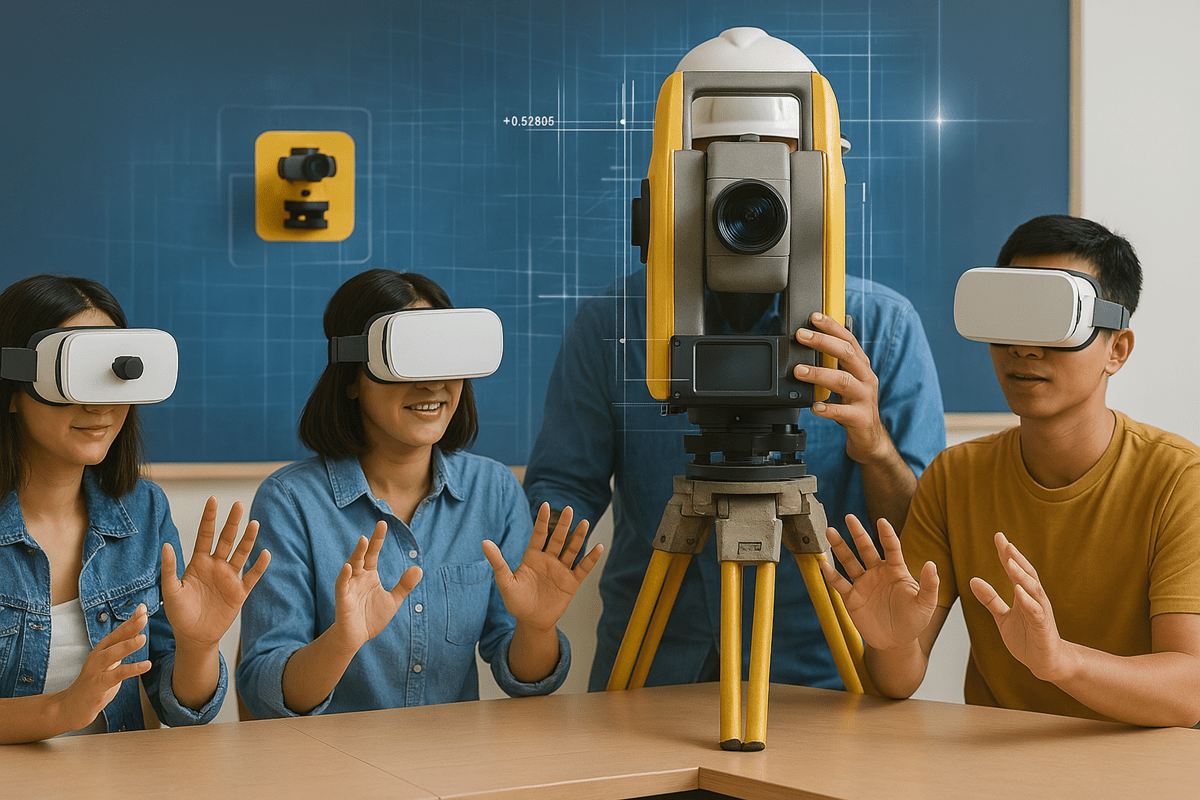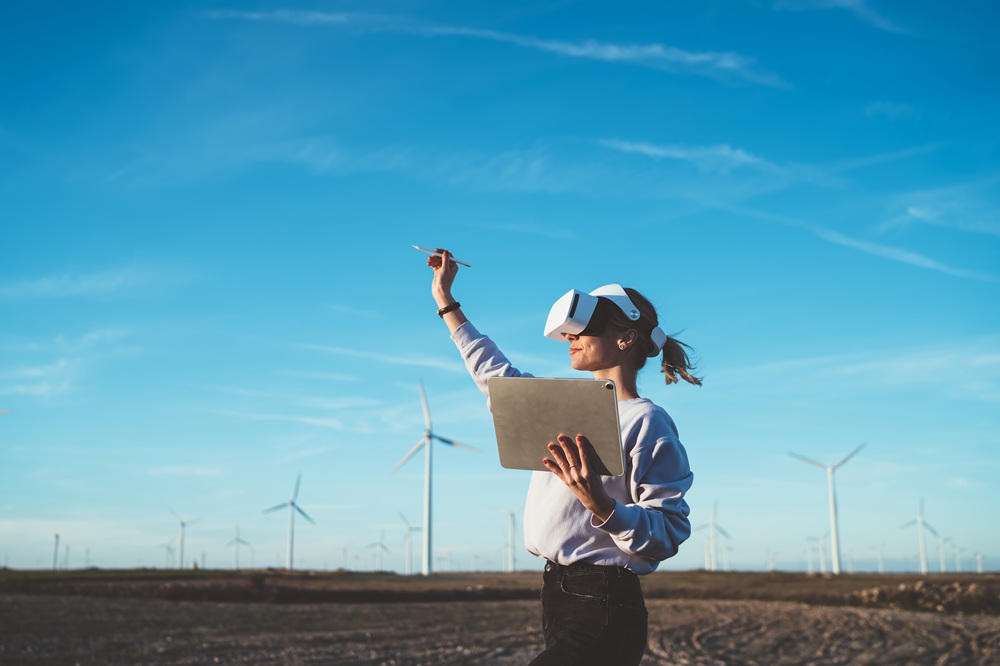Impact of Virtual reality: How Virtual Reality is Poised to Revolutionise the World
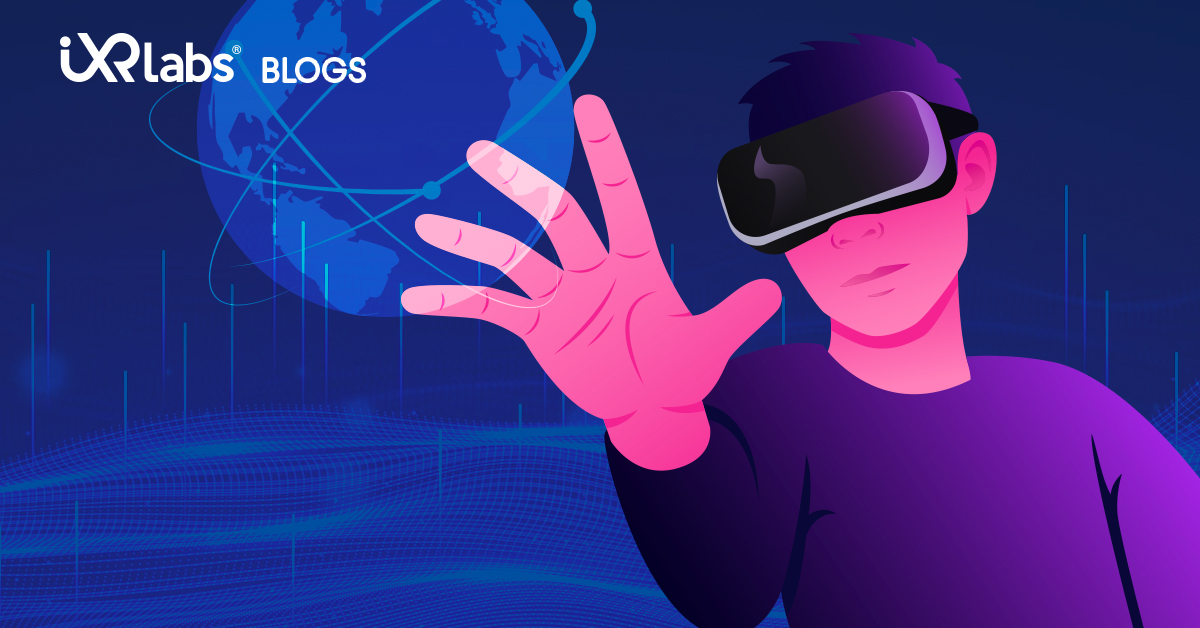
Virtual reality is what many industries are talking about! Though this technology seems to have great potential, can it really transform the way we are living? Can it help us in various domains? Let us answer all these questions in this blog. But first, let us delve into its history!
The Invention of Virtual Reality Technology
In 1935, fiction writer Stanley G. Weinbaum wrote a short story named Pygmalion's Spectacles. It talked about a gadget that could create a fictional, virtual world through holographic. Virtual reality technology has its roots in the 19th century. But it was the mid-20th century when the concept of VR began to take shape.
Ivan Sutherland, a computer scientist, was considered one of the few people to explore a VR system in 1968. He developed a head-mounted display (HMD) in 1968. Although the technology was extremely elementary, it laid the groundwork for future VR systems.
Years 1980s and 1990s made this technology more accessible. 21st century started observing the ultimate progress of technology. In 2012, the development of the Oculus Rift headset was one of the significant phases of VR development. It was designed specifically for gaming and offered a more realistic and immersive experience than any earlier VR system.
Today, there are various companies in the market that develop VR gadgets and VR experiences. Virtual reality is seen in various forms and domains. For example, VR can be used as an educational tool and it can be a great prototyping tool for the manufacturing industry.
Why can Virtual Reality transform the World?
VR technology has the potential to transform the world in numerous ways. Especially this technology lets you interact with virtual content, particularly in how we interact with digital content and each other. Here are a few reasons why:
Immersive Experiences
VR allows users to enter a fully innovative and interactive virtual world. A user can get completely immersed in a virtual environment. It differs a lot from other technologies. Let us understand it with an example.
Earlier online teaching has a 2D face. While virtual reality brings immersive nature with its 3D elements. Students can walk through various educational models. They can roam around various industrial plants in VR. It transforms the educational experience from passive to active learning. This kind of immersive experience has the potential to revolutionize how we learn and how we entertain ourselves.
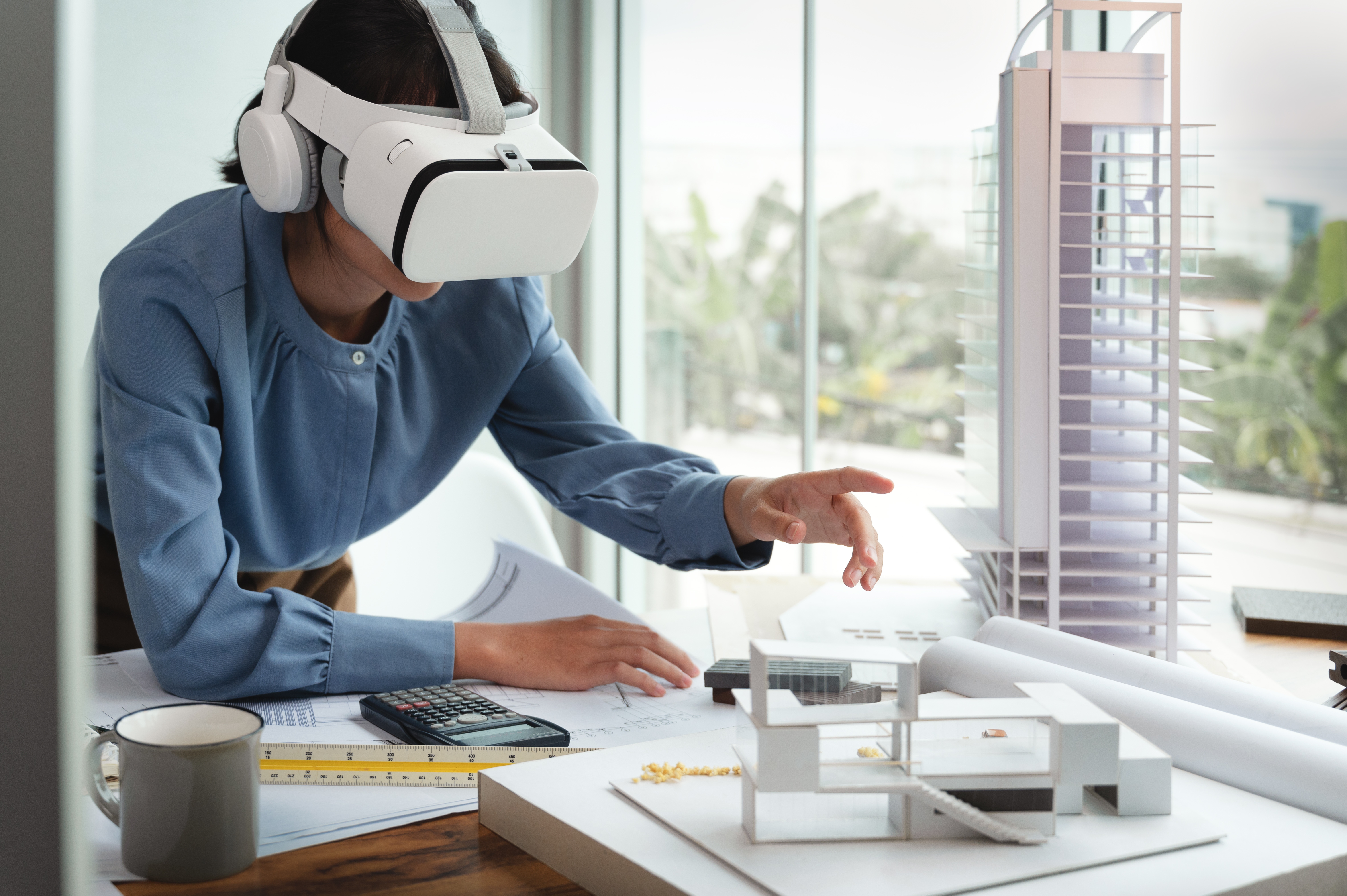 Increased Accessibility
Increased Accessibility
Accessibility is one of the best benefits of VR technology. VR makes various experiences that were once inaccessible to many people. For example, exploring various cities and destinations in a single is possible! How? Thanks to VR!
VR makes you sit at home and virtually travel to various destinations, even from history. Isn’t it great for people who are unable to travel due to physical or financial limitations? They can use VR to explore new places and cultures and learn and educate themselves in a robust tech environment.
Interactive learning
Virtual
reality is rewarded for its ultimate educational capabilities. It offers one of
the prime elements of digital learning that is somewhat missing in other modes
of online education- interactive learning. For example, when medical students
are learning about the concept of the brain in VR, they can interact with
virtual brain models in a realistic way. It helps them understand the flecks of
the 3D brain model. It completely transforms the way students learn and
teachers teach!
More engaging entertainment
VR
technology is changing the way we experience entertainment. It provides ways
for more immersive and engaging experiences of concerts, movies, video games,
and other forms of media. Many artists go for virtual concerts. Basically, VR
is used to engage users. This can lead to discovering unique forms of
storytelling, more interactive experiences, and increased audience engagement.
Enhanced healthcare
Healthcare is one of the irreplaceable domains of human life. Immersive technologies such as virtual reality and metaverse elevate the healthcare experience. For example, VR can be used for patient care. It is used for distractive treatments for patient cure. In addition, medical education has the impactful benefits of VR technology. It can teach students about various subjects and helps students train about surgeries. In addition, medical professionals can get hands-on experience using various virtual medical tools and instruments without any harm to instruments and patients.
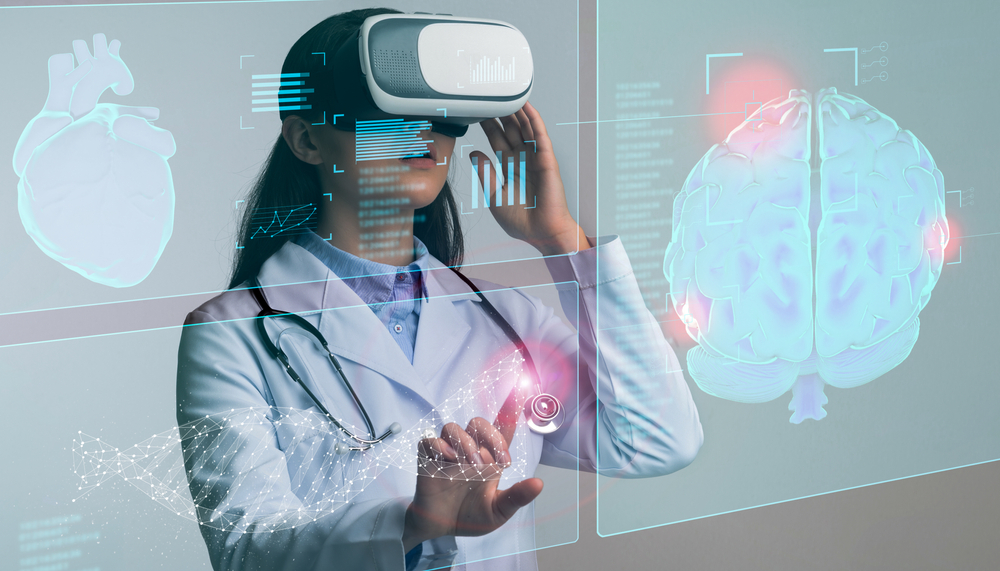 Other Innovative Applications
Other Innovative Applications
VR technology has various innovative applications. Gaming is the most commonly used area of VR technology. This technology is used to simulate complex environments and allow for more detailed and accurate modeling.
For example,
it can create various educational simulations such as engineering machines,
science experiments, etc. In architecture and engineering, VR can help
designers and builders visualize and test structures before they are built.
iXRLabs Transforming Education with VR
iXRLabs offers VR transformations in the
education field. It offers a smooth shift in teaching methodologies. For
example, a lab experiment in a VR lab will have individual virtual equipment
for students. They can test various parameters and perform experiments. Or
educators can offer virtual field trips with iXRLabs’s VR tour facility.
Virtual
reality solutions in education by iXRLabs include:
●
Immersive educational environment
●
Innovative and visually appealing academic modules
●
VR-based teaching and learning solution for engineering, medical,
and science education
●
Various categories of such as machines, science experiments,
and industrial tours
●
Unlimited time to perform experiments and practice skills in the
VR platform
●
Overall growth in students’ comprehension
●
Technological support to institutes/ universities
Conclusion
VR technology is taking part in many aspects of our world, making education, healthcare, and entertainment. Moreover, it transforms these domains into more engaging, immersive, and accessible experiences. As there is notable growth in technology, virtual reality will continue to advance.
This technology is becoming pretty common in daily life, and its applications are expanding to various industries and fields. It can change the way we learn, work, and socialize. We can soon expect even more significant impacts and new applications of VR.
.png)
.png)

